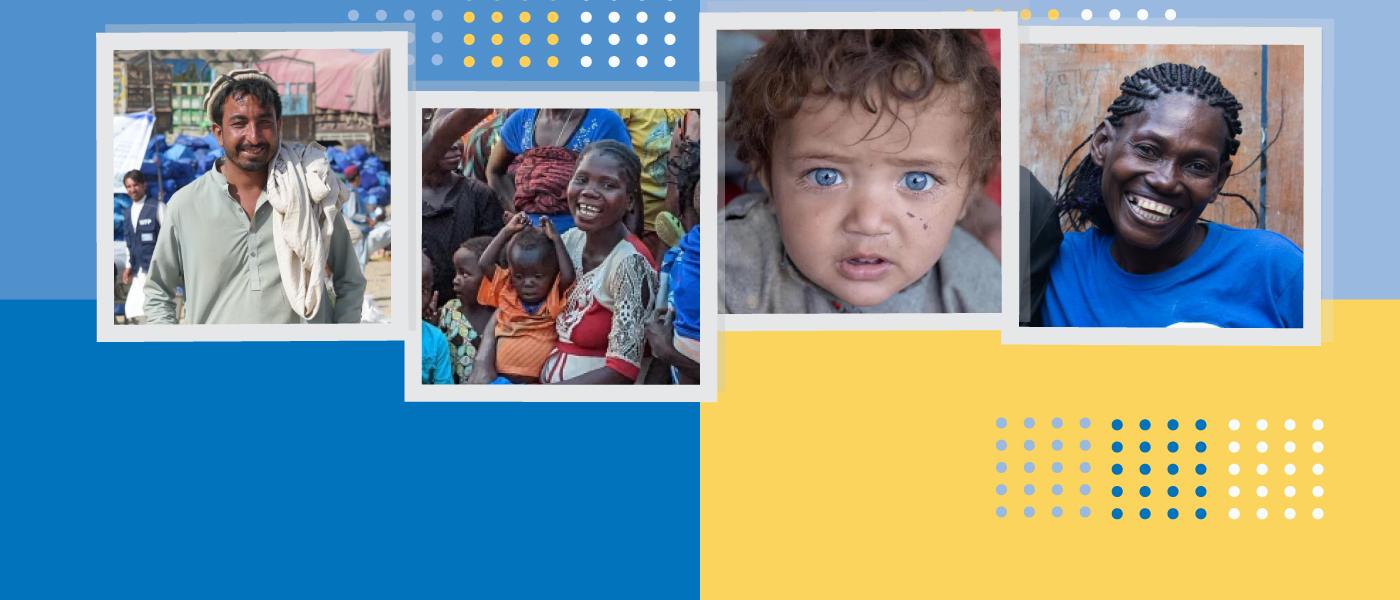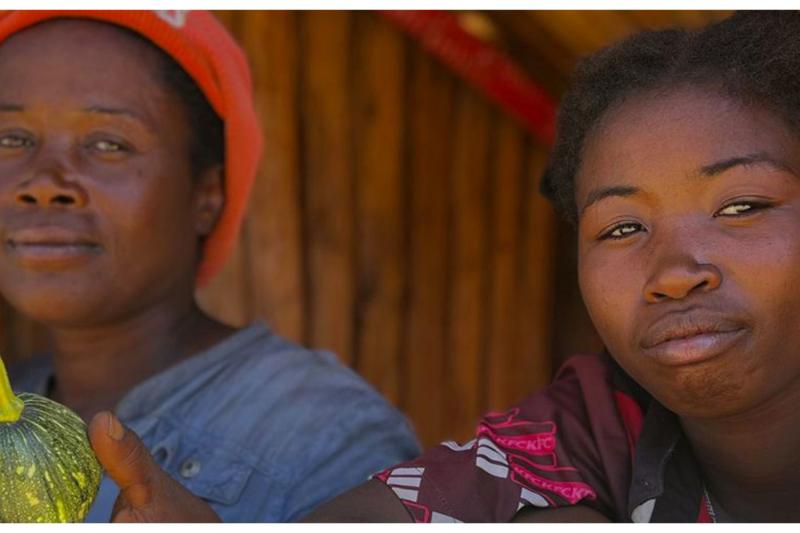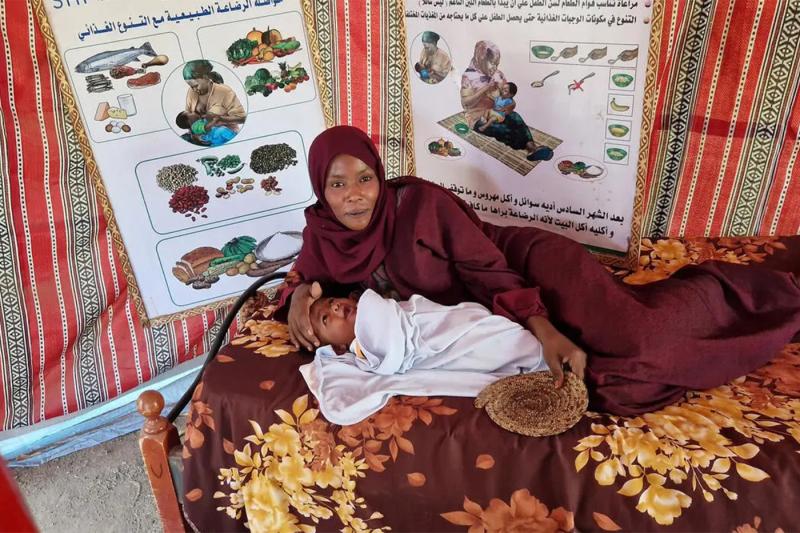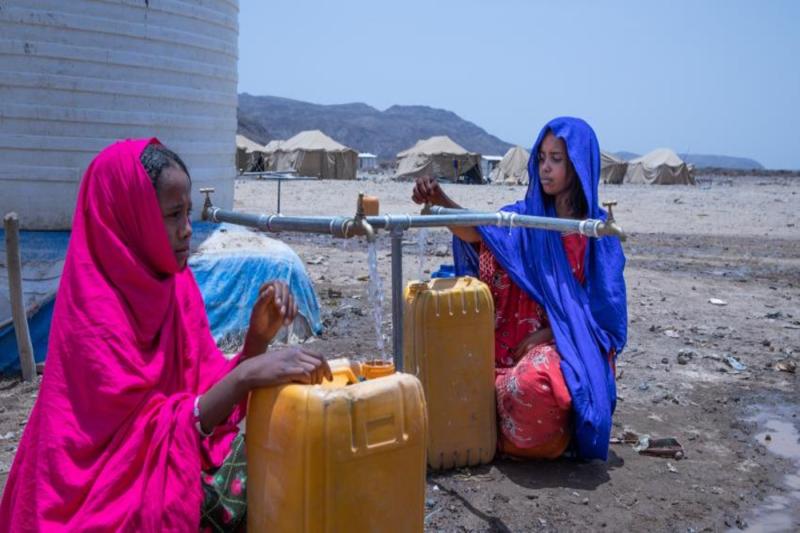
CERF saves and protects lives: Second underfunded emergencies allocation sets new record and focuses on affected people
On 5 September 2023 Emergency Relief Coordinator Martin Griffiths approved US$125 million from the UN’s Central Emergency Response Fund (CERF) to finance underfunded humanitarian responses in 14 countries across the world.
This brings CERF’s total support to underfunded emergencies this year to $270 million, a new record.
UN humanitarian chief Martin Griffiths warned that: “It is a cruel reality that in many humanitarian operations, aid agencies are scraping along with very little funding right at a time when people’s needs compel them to scale up.” He noted that, “Thanks to the generosity of a vast range of donors, we can count of CERF to fill some of the gaps. Lives are saved as a result. But we need individual donors to step up as well – this is a fund by all and for all.”
“To save and protect lives, I’m releasing $125M from our emergency fund @UNCERF for 14 underfunded crises.”
Globally, some 250 million people affected by conflict, the climate crisis, and other crises need help. So far, less than 30 per cent of the US $55 billion required to meet humanitarian needs this year has been received. With humanitarian needs skyrocketing, this is the largest amount ever allocated by CERF to help people in the highest number of recipient countries.
CERF aims to bridge this gap and scale up humanitarian aid in some of the world’s most prolonged, and neglected, crises. Complex emergencies like Afghanistan ($20 million), Yemen ($20 million), Burkina Faso ($9 million), Mali ($8 million), Myanmar ($9 million), and Haiti ($8 million); while CERF will also support refugee operations in Bangladesh ($8 million) and Uganda ($6 million).
Funding will also help people affected by crisis in Venezuela ($8 million), the Central African Republic ($6.5 million), Mozambique ($6.5 million), Cameroon ($6 million), the occupied Palestinian territories ($6 million), and Malawi ($4 million).
A focus on accountability to affected people
Funding from this allocation will be used specifically to strengthen accountability to affected communities in these countries, with the aim of engaging them as equal partners in humanitarian response.
The CERF allocation serves as a reminder to the international community to fund much-needed assistance for people caught up in crises worldwide.
Established by the United Nations General Assembly in 2006 as the global emergency response fund, and as a source of aid “by all and for all,” CERF’s role is to offer fast and strategic funding to enable humanitarian organizations to respond to neglected crises as well as emerging or escalating crises. CERF delivers life-saving assistance when and where it is most needed.


